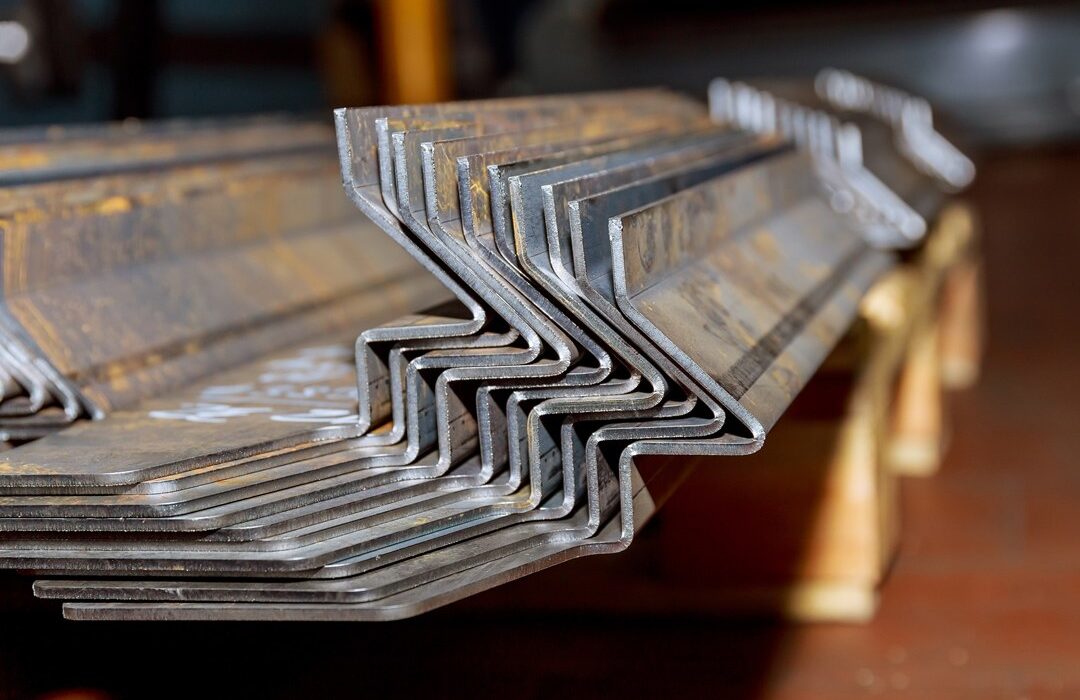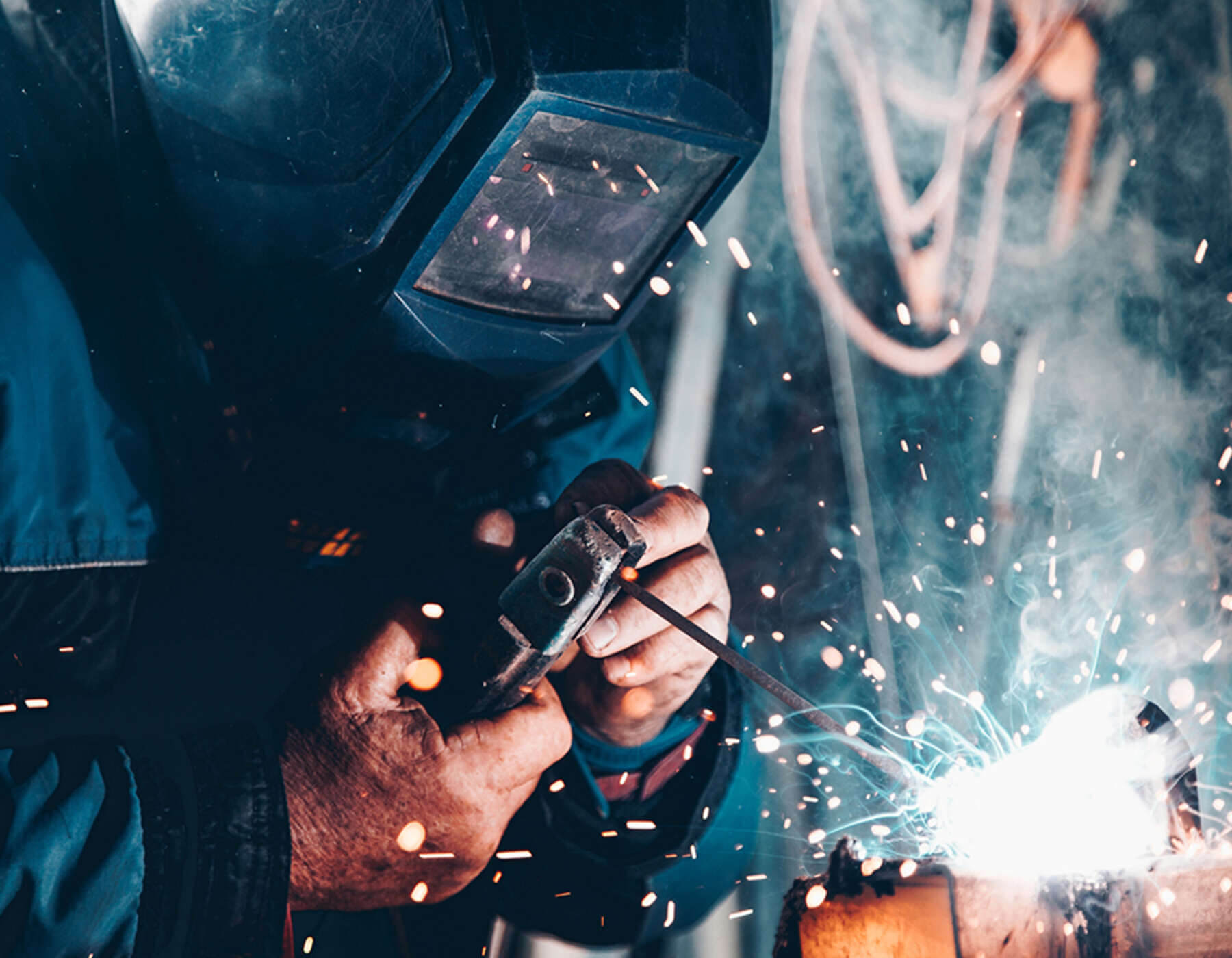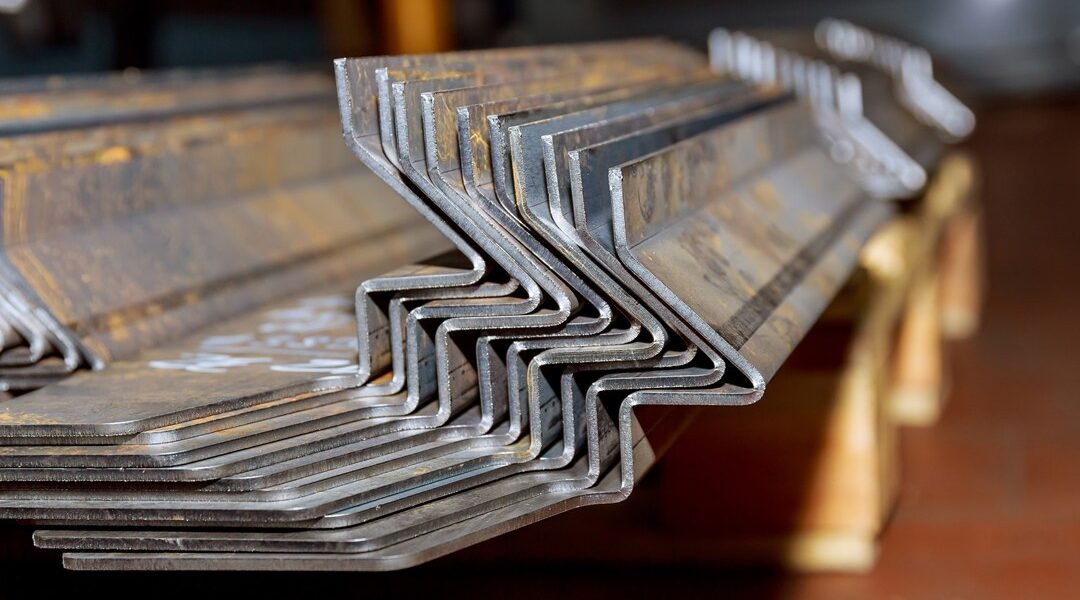
Sheet metal is vital for the mass production of goods requiring metal components and parts.
A versatile product that can be found in the aerospace, transportation, electronics, and manufacturing industries. Supporting industrial architecture, machinery components, equipment, and more.
However, sheet metal comes in many forms, types, and grades of steel, which is great news as you can guarantee there will be a sheet metal suitable to meet your requirements.
But how do you know which one is the best for your application? Which type of steel will meet your needs perfectly, and have you got the time and resources to research hundreds of different types of steel and their grades?
We’re guessing most likely no – which is why our sheet metal fabricators are on hand to help.
Supporting you with all of your sheet metal fabrication needs, we work collaboratively to understand your application requirements and use our expertise to provide the best steel sheet solution for you.
Sheet Metal Types
When it comes to steel and applications, you can’t simply jump straight in, pick a steel sheet off the shelf, and get to work on the fabrication process.
There’s simply too much at stake.
Various types of sheet metal can be used in several ways, and trust us, some steel types will be more suited to certain applications than others.
When thinking about sheet metal types, we need to consider things such as:
- How will the sheet metal be cut, i.e., laser or punched?
- What finishing, if any, is required?
- Is the application/metal component designed for indoor or outdoor use, i.e., does it require any resistance elements?
- Does the metal have to have a specific weight-bearing ability?
- Provide durability? Longevity?
- What is your budget?
These questions and more will help you choose the right sheet metal fabrication for you.
Types and applications of sheet metal
Sheet metal often comes in a thickness of 6mm or below, with the fabrication of these metals including punching, cutting, shearing, bending, forming, and more.
Sheet Metal Different Types
Steel – there are many different grades of steel available, all offering varying levels of strength, making steel the most widely used for steelwork. For anti-corrosion properties, opt for steel-containing alloys such as martensitic and ferritic. For a more highly formable steel that is also corrosion resistant, look for Austenitic steel, which will be great for all-around useability.
Copper – a conductive sheet metal that is great for industrial and commercial use due to its corrosion resistance and ability to withstand a high level of wear and tear. Simple to manufacture, copper sheet metal offers longevity, strength, and good quality.
Galvanised steel – a carbon steel that is coated in zinc using a hot dip process, makes this particular metal resistant to scratching, peeling, and blistering. This is a great choice if the final metal part requires painting or you require a high degree of corrosion resistance. Galvanised steel can also be laser cut or punched as part of the fabrication process.
Corrugated – corrugated sheet metal is vigorous, solid, and free from chemical contamination, making it suitable for commercial and private applications. Using a cold-form rolling process, corrugated sheet metal is shaped and cut to specified lengths, creating a wavy pattern to provide more malleable qualities.
Stainless steel – this is one of the most commonly used sheet metal types due to its incredible durability and the high quality and finish it can provide. Stainless steel is also safe to use and resistant against corrosive elements such as salt, rain, soluble bases, and more.
Aluminium – lightweight yet exceptionally strong, aluminium is competitively priced, easily formed and welded, and corrosion and weather-resistant. Performing well in low temperatures, aluminium is suitable for sheet metal applications within aerospace components and refrigeration.
Hot rolled sheet metal – using rolling mills and high temperatures, this type of sheet metal does require a high level of precision; however, be aware that the type of fabrication process used will leave minor surface imperfections, so it may require additional finishing if you’re looking for a smooth surface.
Cold rolled sheet metal – alternatively, cold rolled sheet metal offers a good surface finish and a high level of material strength. This type of sheet metal must be painted to protect and prevent rust from forming; however, it can be laser-cut, punched, and formed.
Brass – including zinc and copper, is typically found in mechanical applications. The benefit of working with brass is its corrosion resistance; it is a solid and malleable metal, lightweight, and aesthetically pleasing.
Sheet Metal Fabrication Company
Morfab.
Stocking a wide range of quality types and applications of sheet metal, we cater to all requirements and specifications.
We make choosing the right sheet metal for your project simple. We work with you to understand your requirements, analyse your design specifications, and use our experience and industry knowledge to identify the right solution for you.
For further information on sheet metal different types and applications, speak to one of our steel metal fabricators today on 0191 8162718; we’d be happy to help.

